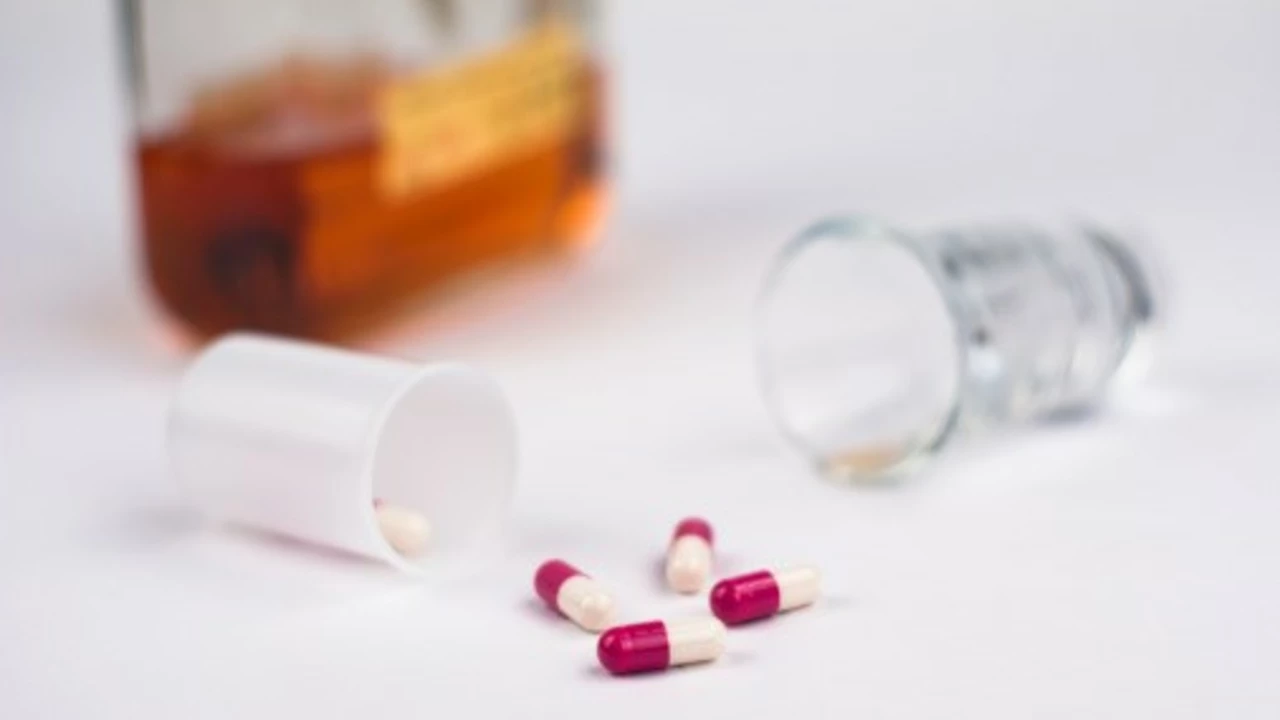All About Mirabegron: What You Should Know
If you've heard the name mirabegron but aren't quite sure what it does, you're not alone. Mirabegron is a prescription medication mainly used to treat overactive bladder, a condition that makes you feel like you have to go all the time, even when your bladder isn't full. It works differently from older drugs by relaxing the bladder muscles, which helps reduce those urgent trips to the bathroom.
But there’s more to mirabegron than just bladder control. Some recent studies have looked into how this medication might impact blood sugar levels, especially for people who have diabetes. While it's not a diabetes drug, research suggests that mirabegron might influence how the body handles sugar, possibly affecting diabetes management. It's still early days, so doctors are watching for more clear evidence on this.
How Does Mirabegron Work?
Mirabegron targets a specific receptor in the bladder called the beta-3 adrenergic receptor. Activating this receptor relaxes the detrusor muscle, the part responsible for contracting when you pee. By calming this muscle, mirabegron reduces unwanted bladder contractions that cause those sudden urges. This action helps many people regain control without the dry mouth or constipation that some older medications cause.
Why Might It Affect Diabetes?
Here's where things get interesting. Some scientists have noticed that beta-3 receptors are also involved in how the body breaks down fat and regulates energy, which ties into blood sugar control. Studies have shown that activating these receptors might improve insulin sensitivity in certain cases. For people with diabetes, improved insulin sensitivity means their bodies use sugar more effectively, which could be beneficial.
However, the connection isn't straightforward. Mirabegron’s primary use remains bladder treatment, and any effects on blood sugar are still under investigation. If you have diabetes and your doctor prescribes mirabegron, it's a good idea to monitor your blood sugar closely and report any changes.
In short, mirabegron is a handy tool against an annoying bladder condition with some exciting potentials beyond that. Understanding how it works and its possible impact on diabetes could help you have informed talks with your healthcare provider about your treatment options.
Mirabegron and Alcohol: Are They Safe to Mix?
In my recent exploration, I delved into the topic of mixing Mirabegron, a medication used to treat overactive bladder, with alcohol. From my research, it seems that there's no direct interaction between Mirabegron and alcohol, but caution is always advised. Alcohol can exacerbate some side effects of Mirabegron like increased heart rate and high blood pressure. Also, alcohol itself can stimulate the bladder, contradicting the purpose of taking Mirabegron. So, while it may not be outright dangerous, it's probably not the best combination for your health.
